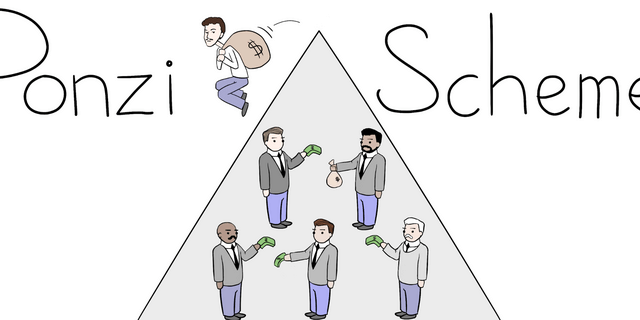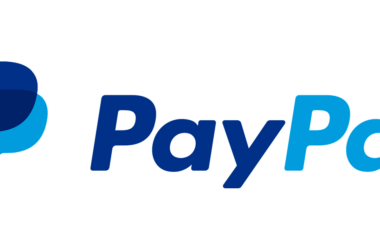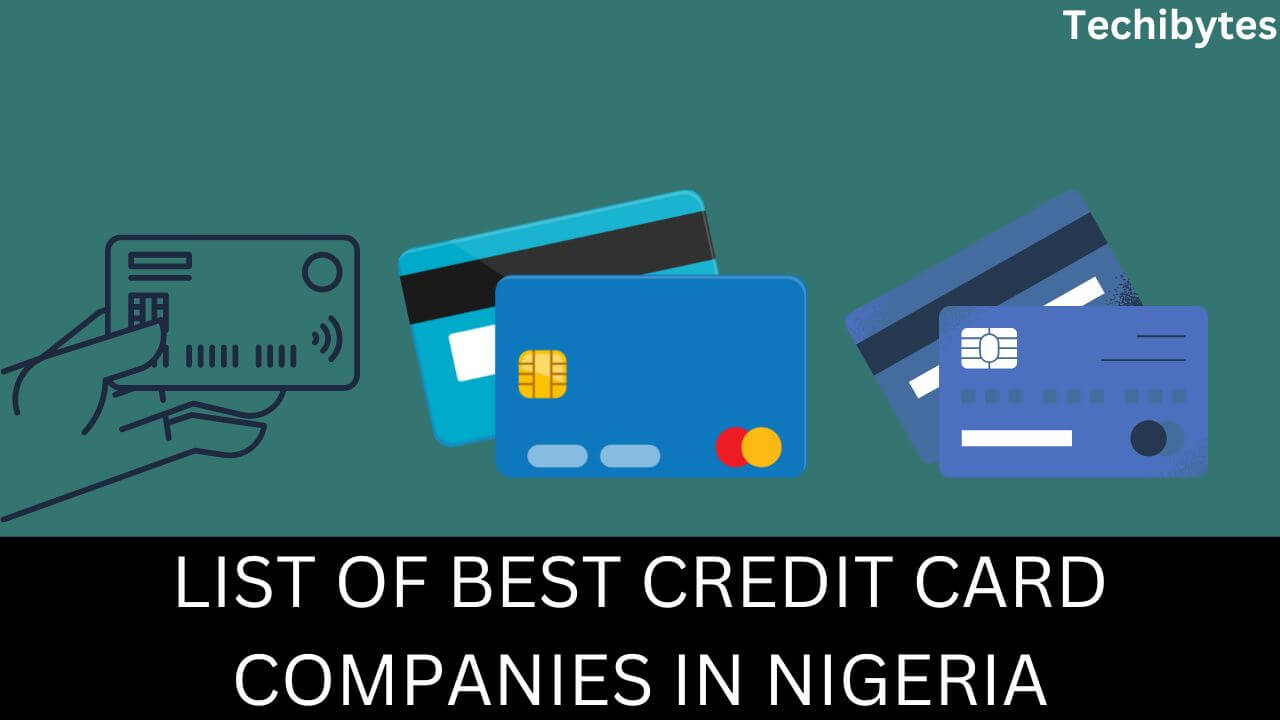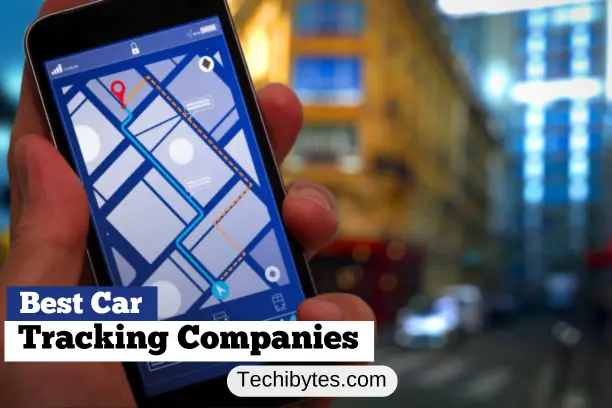Early last year, WhatsApp experienced a mass exodus, as thousands of people dumped the instant messaging app, no thanks to Facebook’s (now Meta) nonchalance towards privacy. Most people who left WhatsApp, in their search for a more private alternative, landed on Signal.
While Signal still has a long way to go to catch up with an insanely popular service like WhatsApp, it’s certainly not a small instant messaging service anymore. However, one grey area that people are constantly seeking to learn more about is how Signal manages to drive any profit.
To be clear, Signal doesn’t run ads on the platform, nor has it been in been in the middle of any data harvesting scandals, unlike Facebook. It’s not a new thing for an instant messaging platform to be unprofitable (WhatsApp for example), but Signal doesn’t have the backing of a billion-dollar company.
In this article, I will analyze the Signal business model and how the instant messaging app makes money for its owners. Then, you’ll learn a thing or two about Signal’s owners and founders to see if you should really trust them about the promise to keep your data even more secure than WhatsApp already does.
Read here to find out how Whatsapp makes money
What Is the Signal App?
Signal is an instant messaging app offering encrypted text messaging and calling features like WhatsApp. It focuses most of its operations on privacy, and to ensure that your chats are truly private, Signal had to remove some core features common to most instant messaging services.
For instance, read receipts are unavailable on Signal because the app doesn’t check if the recipient of a message has opened it. In short, not only are your messages secure, but the way you interact with them is also secure; not even WhatsApp can guarantee you that level of privacy.
Also, when you answer a video call on Signal, your video camera doesn’t turn on automatically. That is another privacy procedure to ensure you don’t show your face and details about your environment to random people by default. Please, how much more private can it get?
Just like WhatsApp, Signal doesn’t store your conversations in the cloud. If you lose the device connected to your Signal account, all your messages, photos, and videos are gone, unless you have a local backup. This extra privacy step is to ensure that Signal doesn’t store any of your personal information on their servers.
Summarily, Signal is an incredibly secure instant messenger app that takes the privacy promises of WhatsApp to a whole new and unprecedented level. While it’s not the most secure instant messaging app out there, there are only a few alternatives that come near its level of privacy.
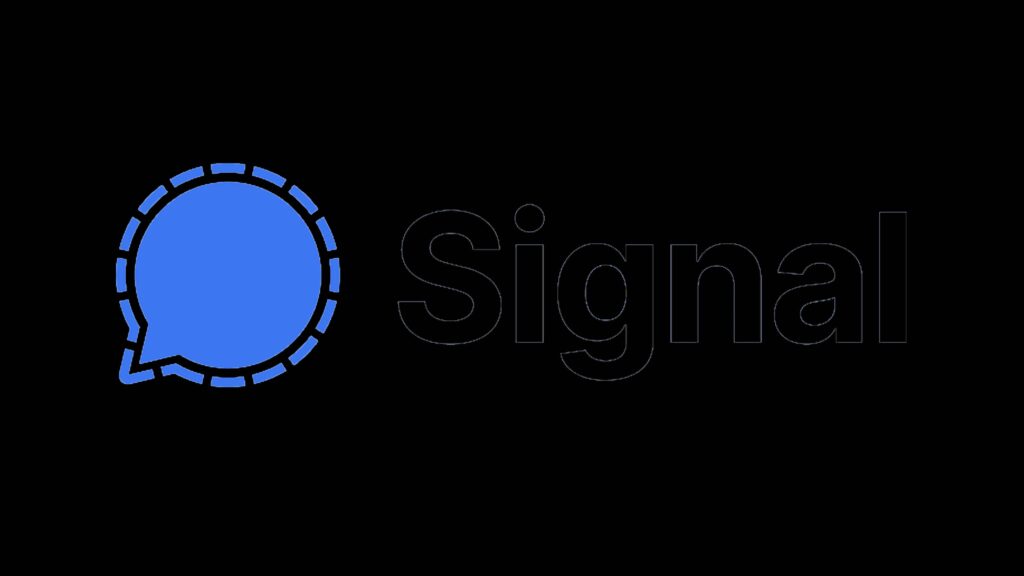
What Is Signal Business Model?
As implied earlier, anyone who’s moderately tech-savvy should know a thing or two about how Signal works. However, what your tech-savviness won’t teach you is Signal’s business model; in other words, how Signal makes its money.
This section won’t focus on how Signal makes money; there’s a whole section dedicated to that below. Here, I’ll show you more about the insider workings of the app, what value it offers to customers, and the Signal business model in general, minus the earning part.
What Value Does Signal Provide?
It’s no secret that any business that intends to make money must provide value to users. That assertion leads to a question: what value does Signal offer to the over 40 million users it has amassed over the years?
Every feature that Signal offers revolves around a single goal: privacy. Unlike WhatsApp and Telegram, it doesn’t focus on amassing features that appeal to the wide majority. Instead, it has a limited set of features, which are all undoubtedly useful for privacy.
Here are some of the standout features of Signal that could count as valuable.
1. Disappearing messages
WhatsApp recently got the disappearing messages feature, but they’re certainly not the pioneer. We’ve seen this feature with Snapchat, which is another instant messaging app. However, since Telegram doesn’t offer end-to-end encryption for disappearing messages yet, so, that doesn’t really count.
2. End-to-end encryption
End-to-end encryption is not unique to Signal, but it doesn’t really have to be. As long as it can implement a feature that guarantees privacy, it’s always a win, regardless of the uniqueness of the said feature.
The end-to-end encryption on Signal is not exclusive to messages; your voice and video calls are also encrypted. The encryption ensures that no one can access your conversations outside of you and the other party to the conversation: not even Signal.
3. Incognito keyboard
The keyboard app you’re using can log whatever you’re typing and send it to a third party. There’s even a name for when your passwords and other sensitive information are cracked in this manner: keylogging. Signal has a clever solution to that problem.
When you’re trying to send sensitive information to someone over Signal, you can bring up the incognito keyboard that keeps whatever you type private. Even if your keyboard has been infected with a key logger, using an incognito keyboard will bypass that.
Read more on how to bypass Facebook 2-factor authentication
4. Payments
In addition to the numerous features mentioned above, Signal also has a payments feature that’s also focused on privacy. “How do you make a payment feature privacy-focused?” you may ask, and it seems Signal found the perfect answer.
The payment feature only lets you pay in cryptocurrencies. It works by integrating a wallet within the app, with a dedicated coin for the purpose. Both the wallet and the coin are dubbed MobileCoin, and they power all payments made through Signal.
With all the features listed above, Signal should make a boatload of cash, right? Well, it seems like things aren’t always what we imagine. Read on to find out what Signal business model is and how much the “killer” strategy makes.
How Does Signal Make Money?
If you’re here because of the “killer” Signal business model, I have some unhandsome news for you: there’s none. At the moment, the app generates 100% of its income from donations, and with the way things are going, that’s very unlikely to change.
The reason why Signal doesn’t obsess about making money is that it’s run by a non-profit organization: Signal Technology Foundation. The foundation only cares about creating products that contribute to cybersecurity and online privacy, and making money isn’t a top concern.
While that isn’t one of the best business models out there, it’s surely better than the WhatsApp business model, which, as you may already know, doesn’t exist yet.
Signal accepts donations in fiat currencies (like the US dollar) and in cryptocurrencies (like Bitcoin). Since the app is focused on privacy, it also doesn’t disclose the identities of its donors, so you don’t have anything to worry about while donating.
The largest donation Signal has ever received in its history was a $50 million donation from Brian Acton, who is also a co-founder. If the name sounds somewhat familiar, he’s also one of the guys behind WhatsApp. He left Facebook (now Meta) shortly after the huge WhatsApp acquisition to found Signal, investing massively in what would later be one of the biggest competitors to WhatsApp.
Who Is the Developer of Signal?
The genesis of Signal wasn’t actually with the instant messaging app; the Signal Technology Foundation preceded the creation of the app itself. The foundation is a nonprofit that aims to develop open-source technologies that enable secure communication and freedom of expression.
The foundation was co-created by Moxie Marlinspike and Brian Acton. Recall that Brian Acton was the co-founder of WhatsApp who left after Facebook (now Meta) acquired the instant messaging app for $19 billion.
They also collaborated to create the messaging app in question, with Moxie Marlinspike taking over as the first CEO immediately after the announcement. Barely three years later in January 2022, Moxie stepped down from the position of the CEO, with Brian Acton taking over pending the search for a new CEO.
Both of the creators of Signal are Americans, and they’re deeply committed to defending the right to privacy, even on the internet. So far, there hasn’t been anything so serious to make them untrustworthy and Signal is so far free of any data breaches or damning allegations.
Is there a Business Account on Signal?
A clever way some instant messaging apps drive profit is by offering a business account that offers a lot more features than the regular account. When you opt to use the business version of the app, you get to pay access fees for the amazing features; that’s Telegram business model.
From what we know about Signal up to this moment, there aren’t dedicated business accounts on Signal. While WhatsApp has WhatsApp Business that’s tailored for business owners, you can’t find anything like that on Signal; everyone gets the same version of the app.
However, that doesn’t mean you can’t use Signal within your organization or for your business. The messaging features are excellent for conversing in the workplace and you can use the group chat feature for group conversations. Let’s not talk about using the video calling feature to organize and schedule meetings.
In all honesty, however, WhatsApp is probably a better option for small businesses than Signal. With features that let you add your catalog on your profile for people to access goods on stock easily, Signal is easily outmatched.
Read more on Whatsapp marketing strategy to grow sales and promote business
Also, if your goal is to hold conversations within an organization, you may want to use a dedicated app like the Pumble app. WhatsApp and Signal can also work for this purpose, but hey, why don’t carpenters use stones to drive nails through a block of wood?
So, no, a subscription for a superior business account is definitely not Signal business model.
FAQs
Is Signal Good for Business?
While it’s possible to use Signal for business, you really don’t want to deal with that. Privacy isn’t a typical feature of a messaging app for businesses, and Signal overdoes it. For business, finding alternatives might be your best bet.
Where Is Signal Based?
Like other big tech companies like Google and Microsoft, Signal is based in Mountain View, California. The company has a handful of employees that work both remotely and on-site.
What Type of Business is Signal?
SIgnal is a nonprofit organization, which is exactly why they do not have a defined business model to generate money. Unlike WhatsApp, that status is very unlikely to change in the future.
Conclusion
The popularity of the Signal instant messaging app isn’t an accident; the app is probably the securest you can find on the market today. An aspect that keeps people confused, however, is that Signal doesn’t seem to be driving profit at all.
Upon further scrutiny, it seems that’s exactly the case. 100% of Signal’s revenue is from donations, and that’s all you may ever want to know about Signal business model. If Signal has been helpful, you may want to consider leaving a donation.
If you liked this article, then please subscribe to our YouTube Channel for WordPress video tutorials. You can also find us on Twitter and Facebook

